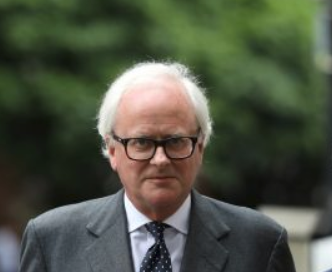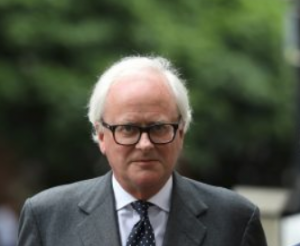
Barclays discussed Russia’s £500m rescue offer

According to the minutes read to a jury yesterday at London’s Southwark Crown Court, part of a landmark fraud trial, Barclay’s board was told of interest from the Russian government in taking a stake, with a £500m emergency capital as the bank battered to avoid a UK tax-payer rescue at the height of the financial crisis in 2008. The case is the World’s first jury trial of a major bank’s CEO over actions taken during the financial crisis.
As markets were rocked by the Lehman Brother’s bankruptcy in 2008km and with the UK Treasury planning a sector-wide bailout, Barclays desperately sought overseas investors to keep the bank from its own government’s clutches. The proposal was seriously taken by the bank to be discussed by its board finance committee in October 2008, although the minutes also make clear that members of the group felt that Barclays needed to be “very wary about Russia”.
John Silvester Varley, former CEO of Barclays’ born 1st April 1956 in Warwick, faces fraud charges along with three other top bankers. The Serious Fraud Office alleges that they misled the market and other investors after funnelling more than £320m to Qatar in secret side deals in exchange for investment.
The Russian stake acquisition was floated by Hans-Joerg Rudloff, according to the minutes, who at the time was the chairman of Barclay’s investment bank and now on the board of Rosneft, Russia’s biggest crude producer. “The Russian government is signalling significant interest in taking a stake equal £500m -1.5 per cent” according to the board finance committee’s minutes, which were shown to the jury. “We would present the business opportunity could help us in Russia.”
Barclays eventually turned to investors from Qatar and Abu Dhabi in second of two emergency fundraisings that the bank carried out in the space of four months which ultimately saved it from government control, as the two capital call raised in excess of £11bn.
The four defendants deny the charges which carry a maximum 10-year sentence. The trial is scheduled to last for six months.
